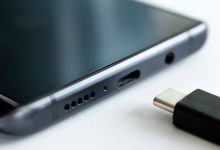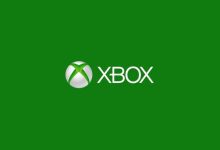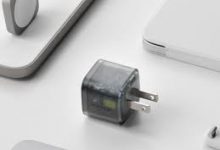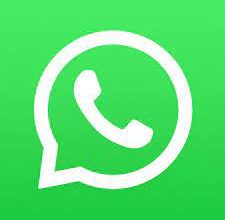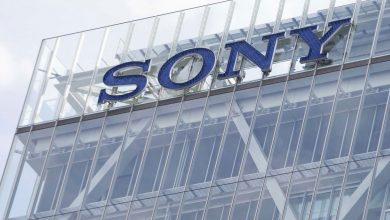Nigeria’s digital quality declines as Internet costs fall.
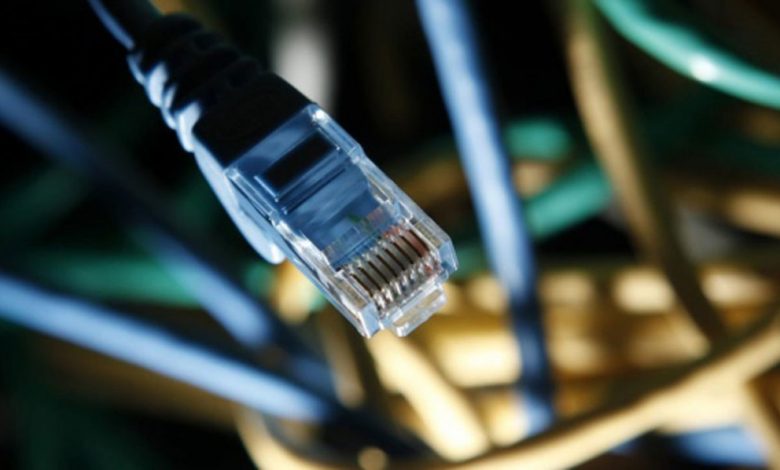

Despite the fact that recent statistics from the Nigerian Communications Commission (NCC) put the number of Internet users in Nigeria at 152 million through the narrowband, while broadband users increased to 85.2 million with 44.6 percent penetration, these statistics have not had an impact on the quality of the digital lifestyle of the citizens.


This was demonstrated in a recent study carried out by the cyber-security company Surfshark, which revealed that the Digital Quality of Life (DQL) of Nigerians has stayed at an extremely low level.
According to the most recent DQL poll, which The Guardian was able to access on Monday, Nigeria fell a total of four places between the years 2021 and 2022.
The DQL survey, which is now in its fourth year, was conducted by Surfshark and revealed the positives and negatives of digital ecosystems all around the world.
The iteration of the study that took place in 2022 assessed the level of digital wellbeing in 117 countries all over the world based on the following five key pillars: the affordability of Internet access, the quality of Internet access, electronic infrastructure, and electronic government (e-government), and electronic security (e-security).
Only 18 of the top 50 countries are located outside of Europe, yet according to Surfshark, seven out of the ten countries with the highest DQL are located in Europe.
According to the findings of the research, Nigeria was placed 86th, which is a decline of four places from the previous poll in 2021. According to Surfshark, Nigeria’s e-government services come in at the 95th place, while the country’s Internet quality and e-security ranks, respectively, come in at the 99th and 66th positions.
When it comes to the cost of using the internet, Nigeria is ranked 114th out of 117 countries, and it has the 86th most readily available electronic infrastructure.
According to the research, out of the 23 countries that make up Africa, South Africa came in first place. After South Africa, Nigeria holds the seventh position on the African continent. The island nation of Mauritius comes in at number two in the region, behind Morocco, then Tunisia, Kenya, and Egypt in that order. Following Nigeria in the list of African nations are countries such as Ghana, Algeria, Senegal, Uganda, and Ivory Coast, among others.
According to the survey, the two areas in which Nigeria performed the worst were Internet affordability and quality. The country ranked 113th and 99th, respectively.
Additional research into the report revealed that the price of Internet access, which was ranked 107th in 2021, had dropped seven basis points, placing it at 114th the following year. According to the analysis, the nation placed 27th on the affordability index in 2021 when it came to the amount of time needed to work in order to buy the cheapest mobile Internet; but, by 2022, it had dropped by 69 basis points and was now rated 96th.


The quality of the internet, which ranked 56 in 2021, dropped to 99th place by a difference of 43 basis points in 2022. However, Nigeria moved up to the 86th spot in terms of its electronic infrastructure, while its security architecture fell 20 places, from the 46th spot in 2021 to the 66th spot in 2022.
According to the findings of the research compiled by Surfshark, seven of the top ten countries with the highest scores are located in Europe. This has been the situation for the previous three years.
Israel is currently in first place in the DQL rankings, moving Denmark down to second place after the Danes had led for the previous two years. In the meantime, Germany came in at position three, followed by France and Sweden to round out the top five of the 117 nations that were analysed.
According to the findings of the study, the Democratic Republic of the Congo (DRC), Yemen, Ethiopia, Mozambique, and Cameroon make up the bottom five countries with the lowest DQL indexes.
According to Surfshark, South Africans have the best digital life quality of any individuals living in African countries. According to the survey, when looking at the countries that were included in the index from the previous year, consumers will need to labour an additional six minutes in 2022 in order to afford broadband Internet.
People in other countries, like Ivory Coast and Uganda, have to toil for an average of two weeks in order to earn enough money to pay for the most affordable fixed broadband Internet package.
Because of the ongoing inflation, the burden placed on households with little financial resources but a requirement for Internet access has become even greater. According to the findings of the study, nations that have the slowest Internet connections have the hardest time improving their infrastructure to support it.
Gabriele Racaityte-Krasauske, who is in charge of public relations at Surfshark, made the following observation: “While nations with a great digital quality of life tend to be those of advanced economies, our global survey indicated that money does not always purchase digital pleasure.”
“Because of this, for the fourth year in a row, we will continue to analyse the digital quality of life to determine how well various countries are doing in terms of delivering the fundamental digital demands for their respective populations. Most importantly, the goal of our research is to paint a comprehensive picture of the digital gap that exists around the world and affects millions of individuals.
Join our 100,000+ members and never miss our members’ exclusive Breaking News and Entertainment Gist.
Gain Access to Our Private News Room
Popular Stories right now
- ASUU to sue FG over Registration of CONUA, NAMDA
- China-Nigeria digital engagement improves in Africa
- Oil prices are going up. OPEC output cut

